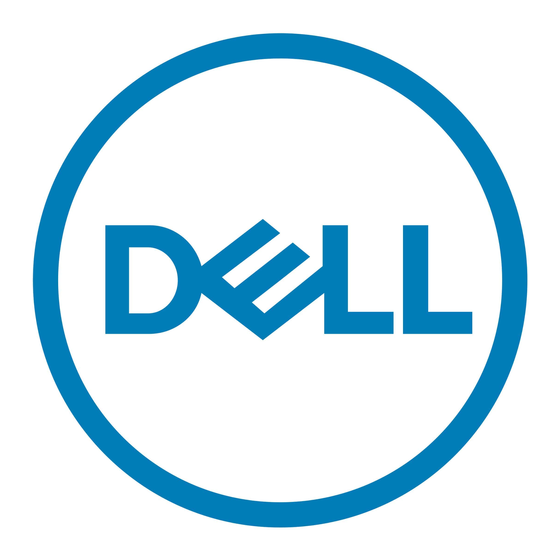Scenario 1: Separate data to be replicated vs. data not to be replicated
4.4.1.1
Robert has Exchange data that is required to have 2 copies, with 1 copy maintained offsite. Robert also has VM data,
which is NOT required to have 2 copies.
• Recommendation: Robert should have the following two containers:
- Container 1. For the Exchange data so that it can be replicated each week off site.
- Container 2. For the local VM data so that it is not replicated and does not take up valuable WAN
Scenario 2: Separate data that has a higher value to replicate vs. lower value
4.4.1.2
Robert also has intellectual property (IP) that he would like to have replicated offsite each day.
• Recommendation: Robert should create a third container and enable replication schedules on all containers
(giving more time to the third container) to ensure replication of the IP container competes each day.
Scenario 3: Separate different types of data into different containers
4.4.1.3
Assume that Robert also has SQL data that bypasses the DMA and is written directly to the DR.
• Recommendation: Robert should create a forth container to allow the container to be locked down just to that
SQL server, as well as to allow independent access which does not interfere with the DMA.
Scenario 4: Separate different DMA types into different containers
4.4.1.4
Robert also has a VM infrastructure that he wishes to protect using Dell vRanger. This is in addition to his other DMA
which is used to protect their physical servers.
• Recommendation: Create a fifth container for vRanger data. This will allow the most flexibility in terms of
locking down the NFS/CIFS share for vRanger, it also allows for the most flexibility in terms of replicating the
data offsite in the future.
4.4.2
Access Protocols
Access protocols are set on a per container basis when a container is created. In some cases these cannot be changed. The
protocol options are options are as follows:
• CIFS or NFS only
• CIFS and NFS together (although cross protocol support is not supported)
• OST Only
• RDS Only
It is possible to add or remove CIFS/NFS access. However, once the container has RDS/OST added it is not changeable.
Security is set at a container level (Locking down Via IP, Unix/Windows ACLs, etc.).
For CIFS shares it is recommended that the shares are set with the most restrictive ACLs, and further locked down by the
IP or DNS name of machines that are allowed to connect to that container.
10
DR4100 Best Practice Guide | April 2014
bandwidth.

